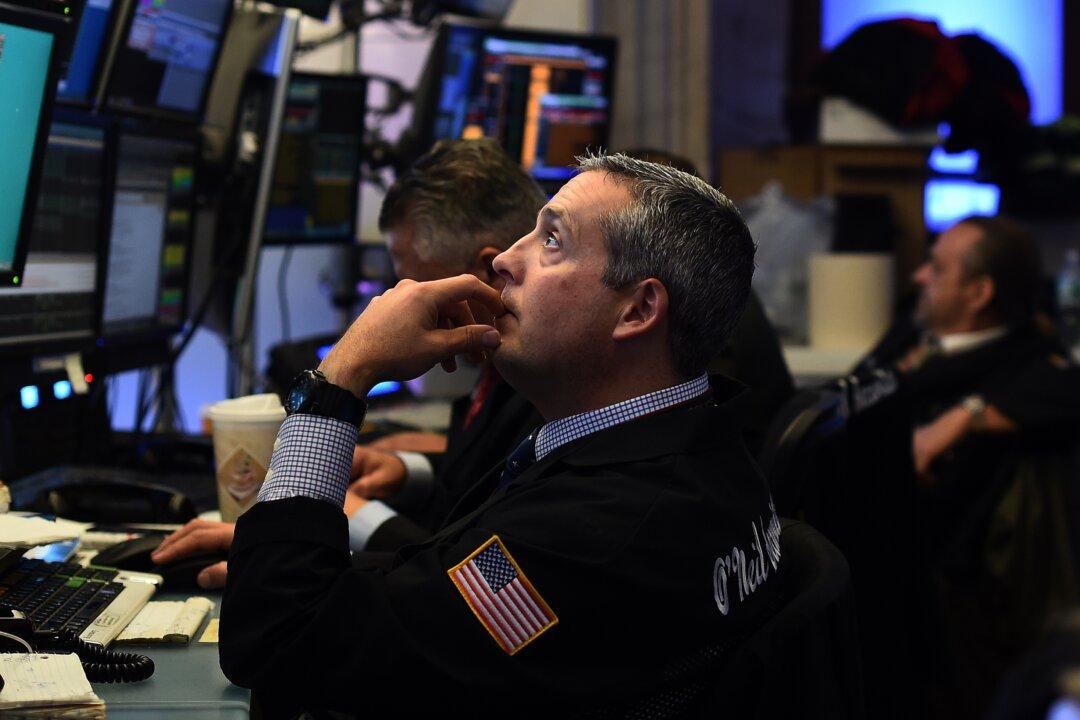A major general in the Chinese military is calling for China to contain the United States by attacking its finances.
“That’s the way to control America’s lifeblood,” writes Maj. Gen. Qiao Liang, a professor at the People’s Liberation Army (PLA) National Defense University, in an op-ed published in China Military Online, the official mouthpiece of the PLA.
“To effectively contain the United States, other countries shall think more about how to cut off the capital flow to the United States while formulating their strategies,” he writes.
Qiao then praises the economic impact on the United States caused by the Sept. 11, 2001, terrorist attacks. He states, “Apart from political and mental impact, a much heavier blow was that it drove more than US$300 billion out of the country within a month.”





